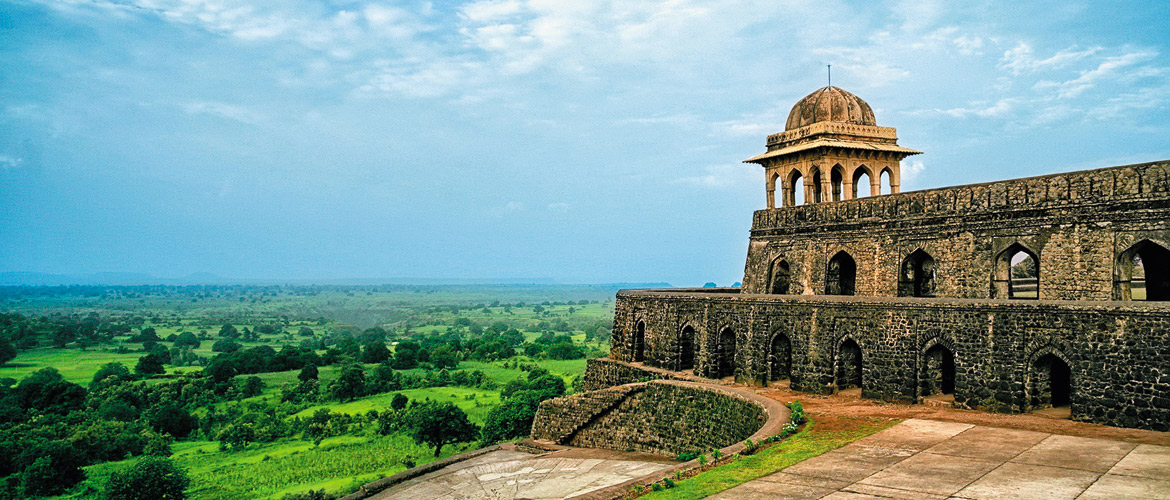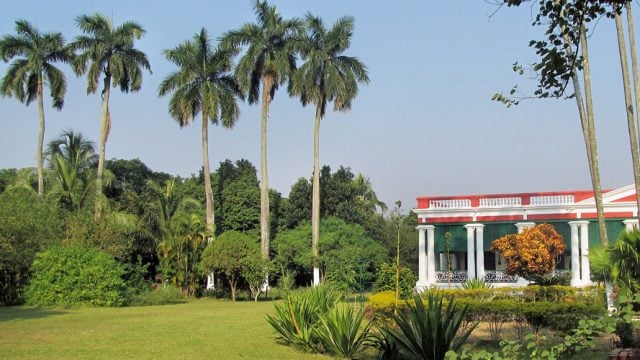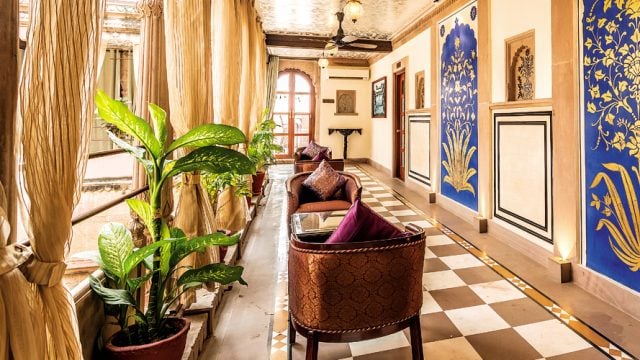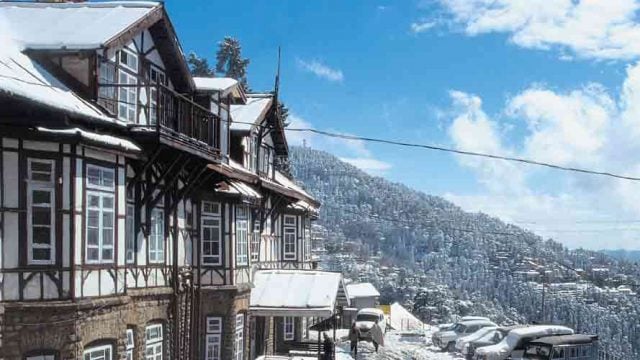It was sudden, quick and completely unplanned. Clothes, maps, guidebooks, blurred memories and bittersweet nostalgia in our
I rummaged through the guidebook desultorily. Shoddily printed images of forts and lakes, and pages full of information on rulers who had left their footprints or rather their tombs behind. I wasn’t impressed. But my father promised it would be wonderful. This did not sound like my idea of a perfect road trip destination, given that I had been dreaming of the classic Manali-Leh road trip, say, or even Goa. But this place, Mandavgarh
aka Mandu, which my father visited some 25 years ago in his youth, didn’t feature on my list.
After a long drive uphill on dusty village roads, we finally reached our destination. The first fort I visited had me convinced that I was in for a surprise. I perked up.
Perched along the Vindhya mountain ranges at an altitude of 2,000ft, Mandavgarh was originally the fort capital of the Parmar rulers of Malwa. Towards the end of the 13th century, it came under the control of the Sultans of Malwa, who named it Shadiabad, or ‘City of Joy’. The rulers built exquisite and grand palaces like the Jahaz and the Hindola Mahals, baths and pavilions, all as refined as those times of peace and prosperity.

Each of Mandavgarh’s structures is an architectural gem: the massive Jami Masjid, and Hoshang Shah’s tomb, which is said to have provided inspiration to the builders of the Taj Mahal centuries later. The monuments scattered throughout the town have minimal ornamentation and decoration on their façades. Though luxury may have been disdained in the buildings, they do not lack for dignity or grandeur.
Mandavgarh is a commemoration in stone of existence and art, and pays homage to the love shared between the Sultan of Malwa, Baz Bahadur, and his beautiful consort, Rani Roopmati. Often called the ‘Hampi of Central India’ for its treasure trove of ruins, Mandavgarh is one of the most archaic places in Madhya Pradesh, yet is still appealingly off the beaten path.
The green colour soothing the eyes as far as one can see down the Nimar valley, and the little droplets of rain caressing my imagination, Mandavgarh managed to take my breath away. With a content face I looked at my father. He smiled and was unable to hold back: “I told you so.”
Madhya Pradesh
Mandu
Readers' Stories





